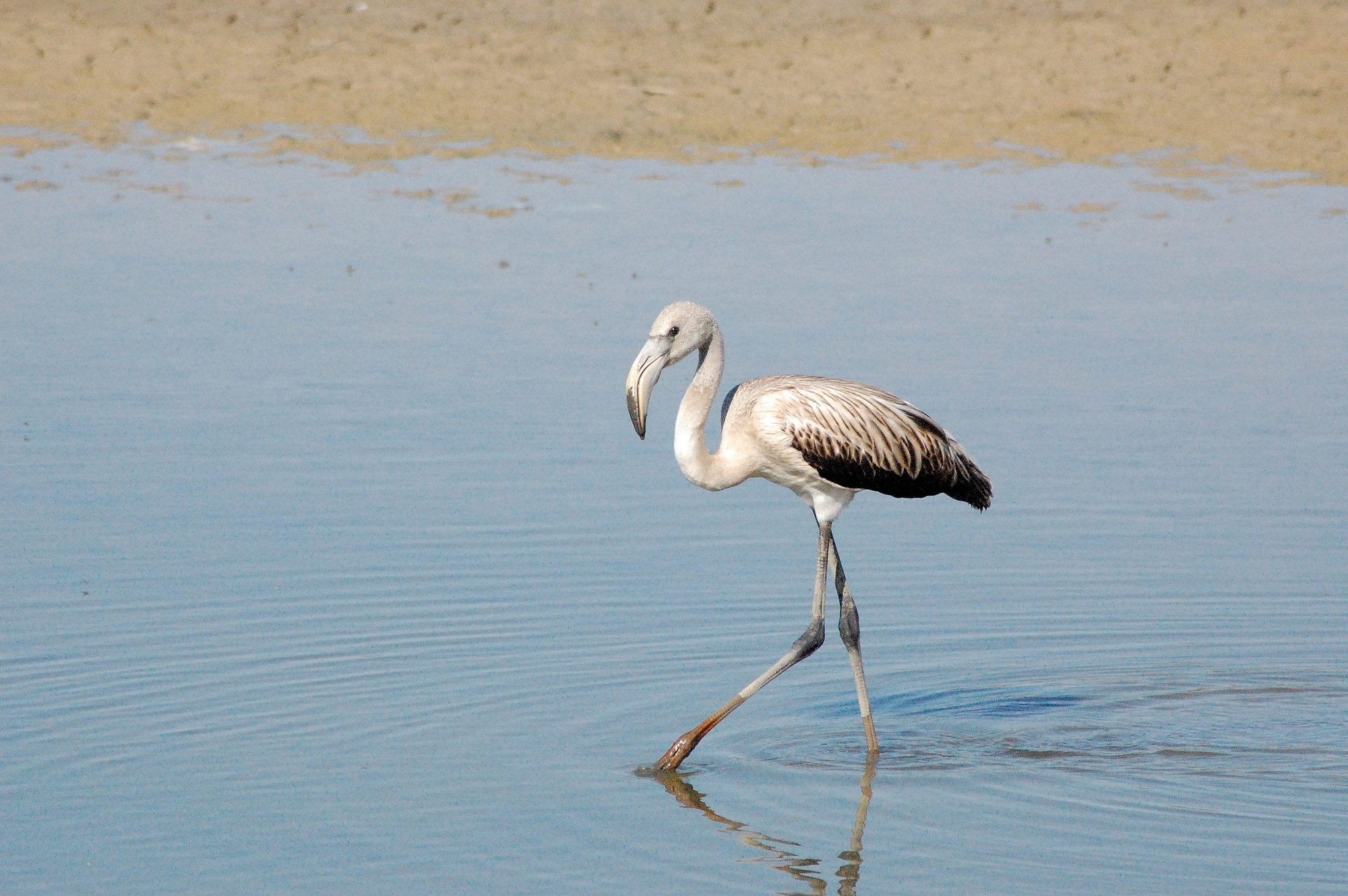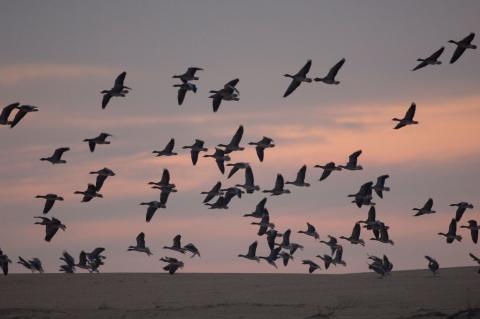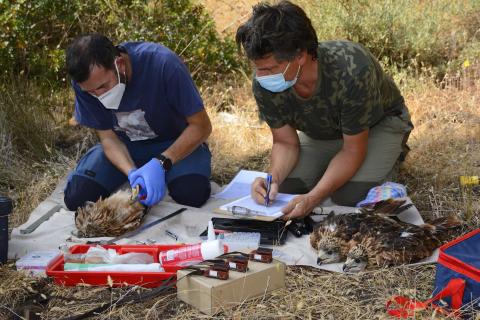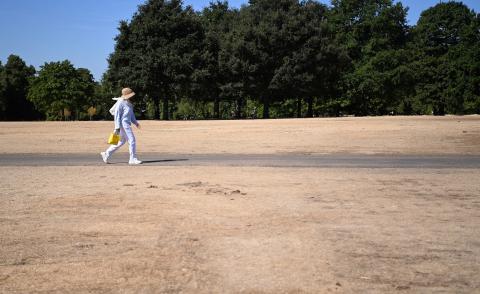Reactions: scientists warn of the critical state of Doñana in the face of the proposed law on the extension of irrigation systems
The Participation Council of Doñana has analysed this Monday in an extraordinary meeting the bill presented in the Andalusian Parliament that aims to extend the legal irrigation in the area. The Andalusian Government maintains its support for the new regulation, which will begin its parliamentary debate tomorrow, Wednesday, with the proposal to take the bill into consideration. For his part, the director of the Doñana Biological Station, Eloy Revilla, in his speech to the Council warned of the general deterioration of the lagoon system and pointed out that "the current exploitation of the aquifer is not sustainable". "Spain has been condemned by the European Court of Justice for failing to comply with its obligations under the Water Framework Directive and the Habitat Directive," he said. The Ministry for Ecological Transition has warned that it will take the law to the Constitutional Court.

Andrew Green - Doñana proposición EN
Andrew J. Green
Research Professor at the Doñana Biological Station (EBD-CSIC)
The situation is very sad regarding the degradation of Doñana due to agricultural activities. I, who have been studying and living in the area for 30 years, have seen how it has deteriorated as a result of the growth of greenhouses. I fear that the situation is even worse because many things are missing from the analysis: for example, there is no mention of the degradation of the streams, which are also very important because they provide water to the marshes, such as the Rocina and the Partido, which have also lost much of their flow due to a decrease in the water table, which has reduced the flow of the streams by more than half.
And not only that, these crops are also associated with the hypertrophication of the water because a large part of the fertilisers they use end up contaminating the aquifer. The water in the aquifer is contaminated with many nutrients, many nitrates and many phosphates that end up polluting these streams and also the marshes, turning the Doñana marshes into a green filter, which contaminates the water with these pollutants.
The lack of interest in acting quickly can only be explained by short-termism because it has been evident for a long time that this extraction of water for Doñana is not at all sustainable in the medium and long term. Personally, I have been calling for years for the need to reduce these extractions instead of increasing them because the scientific evidence has been there for many years, even with the toxic spill at Aznalcóllar in 1998, we already knew that the water contributions from these streams, such as the Rocina, had been reduced by more or less half. Since then, the situation has become much worse.
"I belong to the staff of the Doñana Biological Station".
Doñana ley regadíos - Carlos de Miguel Perales
Carlos de Miguel Perales
Environmental Lawyer and Lecturer of Civil and Environmental Law at ICADE Law School (Comillas Pontifical University)
Legislative activity must be the result of adequate preparatory work so that the laws that are passed adequately respond to existing needs and problems. In this particular case, this means that, if any law is passed, scientific and authoritative opinions must have been heard and taken into account beforehand, and due justification must be given as to why they have or have not been taken into account.
Confrontation between public administrations must be avoided. In this particular case, this means avoiding encroaching on the competences of another administration. To this end, in addition to previously studying the content of the law to be passed and confirming that it does not encroach on the competences of others, it is advisable to talk to the other administration whose competences could be affected in order to solve problems before they arise.
Doñana ley regadíos - Marten Scheffer
Marten Scheffer
Ecologist, distinguished professor at Wageningen University (Netherlands) and Frontiers of Knowledge Award in Ecology and Conservation Biology (2017) for his research related to the Doñana marshes.
It is interesting to see how EU regulations are now used to remind the countries of environmental goals they had agreed on. Something very similar happened in the Netherlands. Our government has been quick to denounce other countries whenever they do not comply with EU regulations. However, The Netherlands now has the worst water quality in the EU, and Nitrogen emissions from agriculture and other sources are much too high. It has been difficult to control pollution in our country in part due to lobbying by big corporations benefiting from the status quo. Only through pressure from the EU has change finally been initiated. Still things do not move forward much. Some of the same corporations that have long promoted the polluting forms of agriculture, now helped set up a farmers protest against regulations, and a political party supporting this movement gained many votes in the last regional elections.
I hope that Spain will proudly give The Netherlands and other countries an example to follow. Saving the charismatic Donaña wetlands before it is too late, in spite of competing short-term economical interests that may have substantial political leverage.



